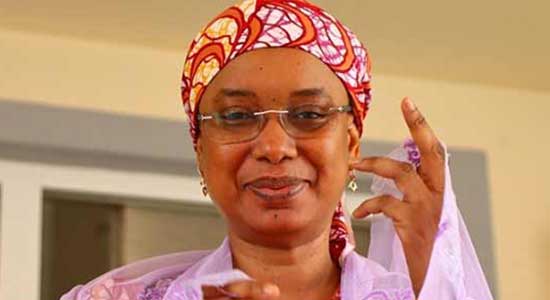Elon Musk’s Tesla opens first showroom in Saudi Arabia

Tesla, the electric vehicle (EV) company owned by billionaire Elon Musk, opened its first showrooms in Saudi Arabia on Thursday, marking its official entry into one of the world’s top oil-producing nations. Showrooms have launched in the capital Riyadh, as well as in Jeddah and Dammam.
The expansion comes as Tesla faces declining global sales and a dip in its stock price, partially attributed to Musk’s growing ties with the U.S. government and former President Donald Trump. Several Tesla showrooms in the United States have even been targeted in protests over Musk’s political affiliations.
“Today we are proud to officially launch in the Kingdom,” said Naseem Akbarzada, Tesla’s country manager for Saudi Arabia, describing it as the beginning of a “long-term presence.” He also announced that EV charging stations would go live starting Friday in the three cities, with more planned in the near future.
Saudi Arabia, a key U.S. ally, has been deepening its ties with American companies. Crown Prince Mohammed bin Salman has pledged $600 billion in U.S.-bound trade and investments. Despite these moves, EVs remain a rare sight on Saudi roads.
With gasoline priced at just 2.33 riyals per liter (about $0.62), low fuel costs, extreme desert heat, and long driving distances have made fuel-hungry vehicles more appealing. For example, the distance from Riyadh to Jeddah is approximately 950 kilometers (590 miles), which exceeds the range of most EVs.
Saudi economist Mohammed Al-Qahtani praised Tesla’s entry into the market but emphasized the need for more investment in charging infrastructure. As of now, the country has only 101 public charging stations, a fraction of the 261 available in the much smaller neighboring UAE.
Despite the challenges, Saudi Arabia’s EV market is showing signs of growth—it tripled in size last year to nearly 800 registered vehicles, according to Al-Iqtisadiyah. The government aims to have 5,000 EV chargers installed by 2030 as part of its broader Vision 2030 economic diversification plan.
In addition to welcoming Tesla, Saudi Arabia has been building its own EV ecosystem. The Public Investment Fund (PIF) now owns a 60% stake in luxury EV manufacturer Lucid Motors, which opened a factory in Jeddah in 2023 following a billion-dollar investment. Lucid’s cars sell for around $92,000.
The Kingdom is also backing domestic production. Saudi EV brand CEER, launched in 2022, is planning to begin vehicle production in 2025. Meanwhile, Hyundai has signed an agreement to build a factory in Saudi Arabia that will manufacture both electric and internal combustion engine vehicles.
While adoption is still low, Tesla’s presence may serve as a catalyst for change in a country long dominated by gasoline-fueled cars.





